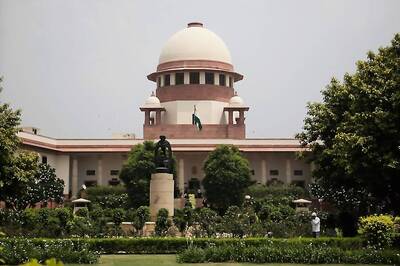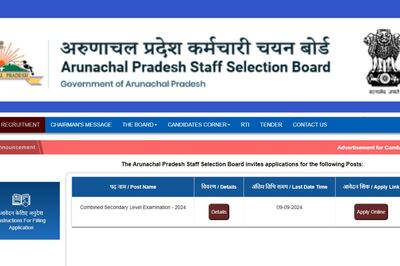
views
New Delhi: The raging dispute heard in the Supreme Court between the companies belonging to the two Ambani brothers, Mukesh and Anil, mainly concerned the supply, tenure and pricing of natural gas from the Krishna Godavari basin.
At the core of the dispute was the question of how valid was the agreement reached between the two brothers, blessed by their mother Kokilabehn, when the Reliance empire was split in June 2005, in deciding the price of gas in which the government, too, has claimed a share.
The fields off the Andhra Pradesh coast were won by Mukesh Ambani's Reliance Industries. These are one of the biggest discoveries made in Asia in recent years. The Reliance Anil Dhirubhai Ambani Group wanted a part of the gas for its own power plants, based on the family pact.
Both the sanctity of the agreement between the two brothers and the contractual obligation of Reliance Industries arising out of it to supply gas were emphatically endorsed by the Bombay High Court in its judgment last June.
Stand of Anil Ambani's Reliance Natural Resources
-The supply 28 million units of gas by Reliance Industries for 17 years at $ 2.34 per unit was agreed as per a legally-binding family pact between the two brothers.
-Under new policy, companies have full marketing freedom on their share of gas, and can fix at what price the resource should be sold. Government can only impose restrictions on its share of gas.
-Dispute does not involve the government. It is one between Reliance Natural Resources and Reliance Industries.
-The petroleum ministry said several times in parliament and outside that the contractor had marketing freedom. But it went on to change the stand during the hearing of the case.
Stand of Mukesh Ambani's Reliance Industries
-Reliance Industries cannot sell gas to Reliance Natural Resources unless the government that has fixed a price of $ 4.2 per unit approves it along with the quantity and tenure.
-The two brothers entered the gas pact in their personal capacities without any sanction by the board of Reliance Industries and hence not-binding.
-Price of $ 2.34 was arrived at based on a tender floated by NTPC, which itself failed to become a binding contract.
Stand of Ministry of Petroleum and Natural Resources
-Hydrocarbon finds in India are government's sovereign property, hence the state has complete right to decide the supply, tenure and pricing of these assets.



















Comments
0 comment